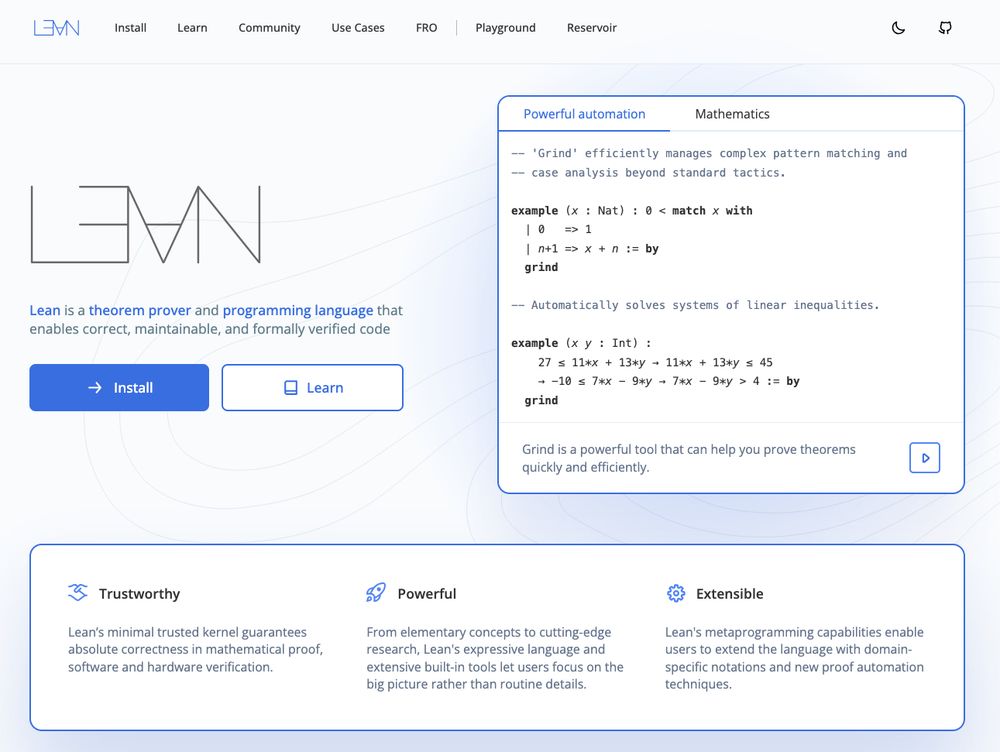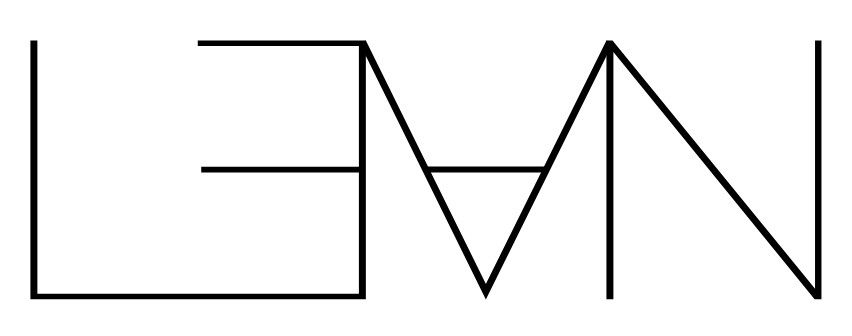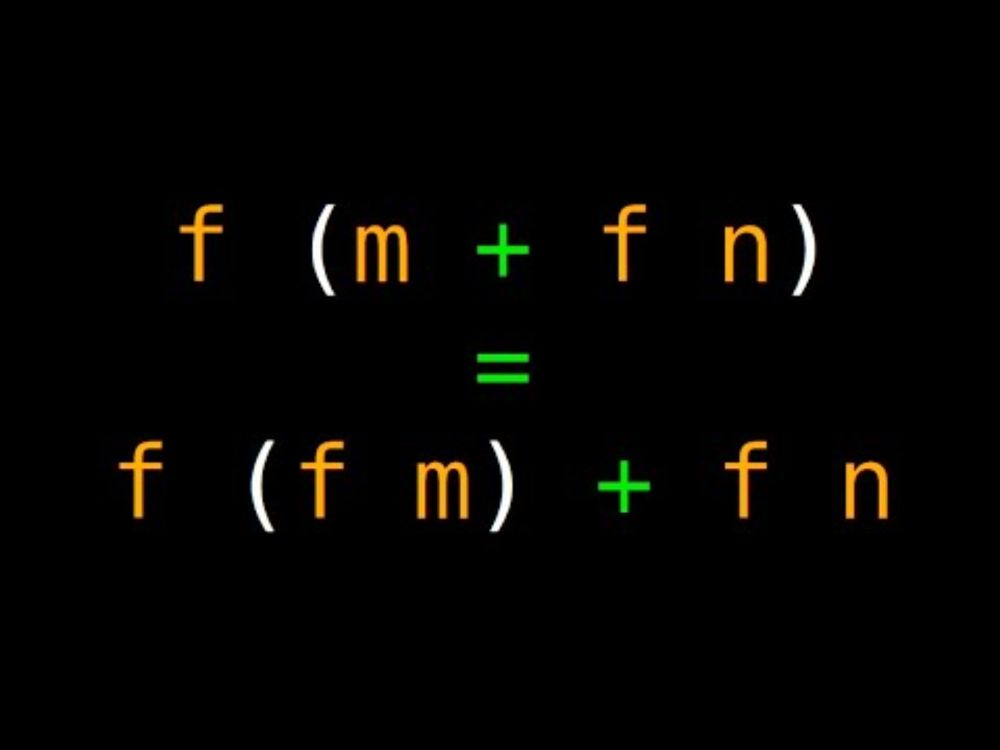

Highly recommended!

Highly recommended!
* Petri nets as a new logic
* Migrating models between different logics
* A functional rich text editor for text cells in notebooks
* Re-organized and significantly expanded docs (catcolab.org/help)
* Petri nets as a new logic
* Migrating models between different logics
* A functional rich text editor for text cells in notebooks
* Re-organized and significantly expanded docs (catcolab.org/help)
But every equality you drop at one dimension has to be accounted for by new higher-dimensional equations (coherence laws) that ensure all the “up-to-isomorphism” structure still composes consistently.
But every equality you drop at one dimension has to be accounted for by new higher-dimensional equations (coherence laws) that ensure all the “up-to-isomorphism” structure still composes consistently.

https://arxiv.org/pdf/2012.08669
https://arxiv.org/pdf/2012.08669
www.linkedin.com/posts/philip...
(With apologies to @jupyter.org ❤️)

www.linkedin.com/posts/philip...
(With apologies to @jupyter.org ❤️)
Relaunching our website was a key deliverable in our Year 2 roadmap to provide "improved navigation and access to valuable content, resources, and tools." We hope you like it!
#LeanLang #LeanProver

Relaunching our website was a key deliverable in our Year 2 roadmap to provide "improved navigation and access to valuable content, resources, and tools." We hope you like it!
#LeanLang #LeanProver
➡️ See the full changelog here: lean-lang.org/doc/reference/

➡️ See the full changelog here: lean-lang.org/doc/reference/
A Graphical Theory of Monads by Jirka Maršík & Dusko Pavlovic
stringdiagram.com/wp-content/u...
A Graphical Theory of Monads by Jirka Maršík & Dusko Pavlovic
stringdiagram.com/wp-content/u...
function (constant) symbols called generators and non-quantified equations.”
function (constant) symbols called generators and non-quantified equations.”


